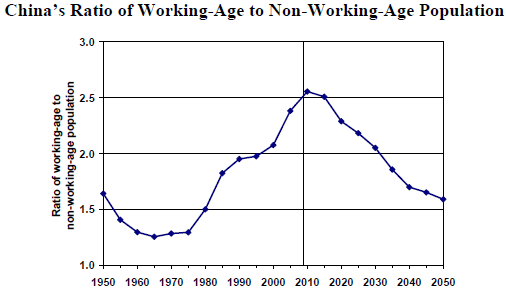rockdog
Senior Member
- Joined
- Dec 29, 2010
- Messages
- 4,040
- Likes
- 2,936
Will China's government fiscal revenue catch up India's GDP?
According to the recent data, by the end of 2011, China's government fiscal revenue was 1.64 trillion U.S. dollars (10 trillion yuan) with grew 24.8 percent year-on-year.
(China's 2011 fiscal revenue up 24.8% to 10 trillion yuan - Xinhua | English.news.cn)
And By 2011, India's GDP is 1.85 trillion U.S. dollars with growth rate around 6%
(India Home).
My questions
1. According to current economic situation on both nations, by the end of 2012 or 2013, Will China's fiscal revenue catch up India's GDP?
2. If China would catch up, how long this trend would last?
3. How dose this figure affect the military modernization and competition between India and China, will the gap between China & India on this field get wider?
4. Will this figure make the gap between China and India on human development index on per capital getting wider?
5. What's the impact on R&D and education system gap?
Welcome all Chinese members and Indian members come to give constructive and serious comments, thx!
According to the recent data, by the end of 2011, China's government fiscal revenue was 1.64 trillion U.S. dollars (10 trillion yuan) with grew 24.8 percent year-on-year.
(China's 2011 fiscal revenue up 24.8% to 10 trillion yuan - Xinhua | English.news.cn)
And By 2011, India's GDP is 1.85 trillion U.S. dollars with growth rate around 6%
(India Home).
My questions
1. According to current economic situation on both nations, by the end of 2012 or 2013, Will China's fiscal revenue catch up India's GDP?
2. If China would catch up, how long this trend would last?
3. How dose this figure affect the military modernization and competition between India and China, will the gap between China & India on this field get wider?
4. Will this figure make the gap between China and India on human development index on per capital getting wider?
5. What's the impact on R&D and education system gap?
Welcome all Chinese members and Indian members come to give constructive and serious comments, thx!
Last edited:



